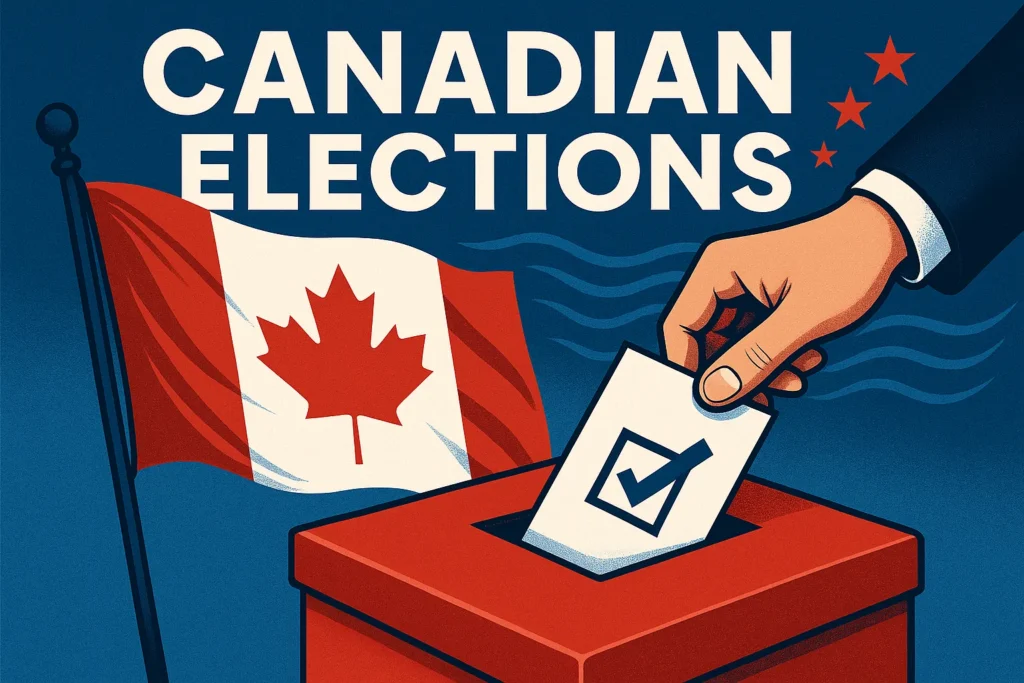Event Overview
Canadian federal elections are pivotal political events that take place at least once every four years, though they may occur more frequently if the government loses confidence or Parliament is dissolved. During these elections, Canadian citizens vote to elect representatives (Members of Parliament) to the House of Commons, with the political party winning the most seats typically forming the government.
While elections are not annual events, they are regular occurrences in Canada’s democratic system, with the most recent election cycles showing an average interval of about 3-4 years between votes. The election process spans the entire country with polling stations established in all 338 electoral districts.
Market Impact
Canadian Dollar (CAD)
Elections typically introduce volatility to the Canadian dollar as market participants assess potential policy changes. Campaign promises related to fiscal policy, taxation, and regulatory frameworks can trigger significant currency movements before, during, and after election day.
Equity Markets
The Toronto Stock Exchange (TSX) and Canadian equities often experience heightened volatility during election periods. Sectors most sensitive to government policy—such as healthcare, energy, financial services, and telecommunications—may see more pronounced price movements.
Energy Sector
As a major energy producer, Canada’s elections can significantly impact energy markets. Policy positions on pipeline development, carbon taxation, and environmental regulations can influence both Canadian energy companies and global energy prices.
Bond Market
Government bonds and interest rate expectations can shift based on projected fiscal policies of competing parties. Promises of increased government spending may pressure bond prices, while fiscally conservative platforms might have the opposite effect.
Participation and Observation
While only Canadian citizens can vote in federal elections, the electoral process is transparent and can be observed by international stakeholders. Financial market participants worldwide can monitor election developments through:
- Official results from Elections Canada
- Live coverage from Canadian and international news outlets
- Analysis from financial institutions and market research firms
- Social media and online platforms for real-time updates
Key Stakeholders
Several groups of market participants should pay particular attention to Canadian federal elections:
- Forex traders focusing on CAD pairs should prepare for potential volatility
- Institutional investors with Canadian equity exposure
- Commodity traders, especially those in energy markets (oil, natural gas)
- Bond investors in Canadian government and corporate debt
- Multinational corporations with significant Canadian operations
- Portfolio managers seeking to hedge Canadian political risk
Trading Considerations
When approaching Canadian elections from a trading perspective, consider these strategic approaches:
- Implement risk management strategies to account for increased volatility
- Monitor polling data and adjust positions accordingly as election day approaches
- Analyze historical market performance during previous Canadian election cycles
- Consider sector-specific impacts based on different potential electoral outcomes
- Prepare for “buy the rumor, sell the news” patterns common during political events
For traders and investors with exposure to Canadian markets, understanding the potential policy shifts following federal elections is essential for effective risk management and identifying emerging opportunities across multiple asset classes.
